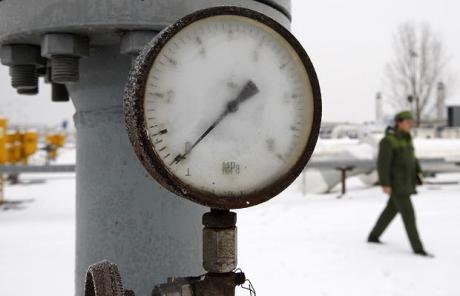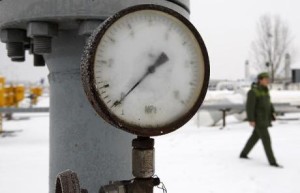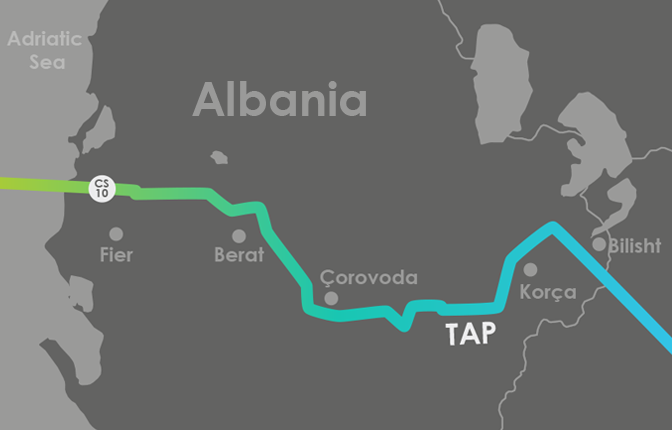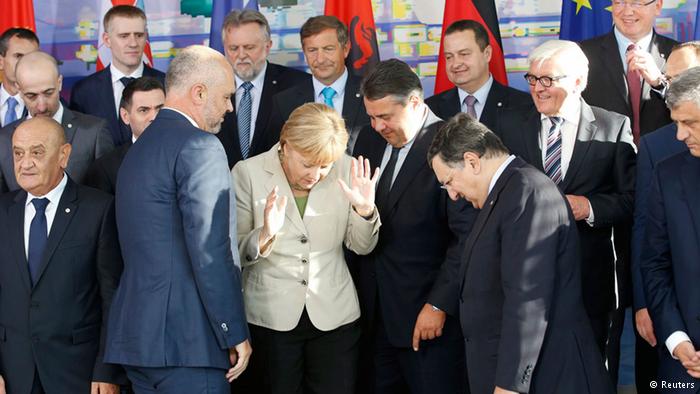 Programme overview
Programme overview
Day 1: Wednesday 23rd September 2015
Chairman’s Welcome & Introductions
Costis Stambolis, Chairman, The Institute for Energy in South East Europe (IENE)
Host Government Ministerial Address
SOUTH EASTERN EUROPE ENERGY OVERVIEW:
KEYNOTE PRESENTATIONS: “The Commercial and Strategic Landscape of Upstream Development in South Eastern Europe”
- Latest expert market analysis of both Black Sea and Mediterranean energy landscapes
- Upstream developments, opportunities and progress in key projects
- Future prospects and next licensing rounds – where, when, what?
- The potential role for South Eastern European energy to supply the region, and beyond into Eurasia and the European Union
FOCUS ON: THE BLACK SEA
“Clarifying the Key Challenges to Stakeholders and Operators Prospecting the Black Sea Region”
“A Renaissance for Black Sea Developments? The Romanian Domino Gas Field”
- What are the prospects for this region offshore Romania?
- Technical challenges of drilling and developing Domino and others including Pelican South, Neptun and Dolphin
- Challenges for deepwater and subsea production in this region of the Black Sea
- Getting the gas to local markets – project proposals and delivery examined
Speakers:
(Session Chairman) Andrew Costin, President, Petroleum Club of Romania
Dragos Ionut Neagu, Head of Engineering & Fabrication Department Managing Director, Marine Offshore Consultants
Dimitra Schina, First Secretary for Economic and Commercial Affairs, Office for Economic and Commercial Affairs of the Greek Embassy, Bucharest
The New Royalties System in Romania and What it Means for the Industry
Ramona Volciuc-Ionescu, Partner, VOLCIUC-IONESCU SCA
“The Turkish Black Sea: Positive Opportunities in E&P beyond 2015”
- What are the latest opportunities in this specific region?
- Challenges of ultra deepwater drilling
- What is Turkey’s ambition for developing Black Sea resources?
- Which plays are most likely to produce hydrocarbons?
Speaker
Mustafa Sezgin, Group Head, Energy Market Regulatory Authority, Turkey
Modern Challenges for Offshore Oil&Gas Companies
- Main business risks of oil and gas offshore exploration and production
- Challenges for Russian oil and gas offshore exploration and production developments
- ‘Chernomorneftegaz’ history and development
Speaker:
Andrey Palyura, Leading Engineer, State Unitary Enterprise Of Crimean Republic “Chernomorneftegaz”
“Developments in the Bulgarian Black Sea – Project and Drilling Updates and Findings”
- Latest updates from Silistar, Teresand Han Aspurah blocks licensing rounds
- Development of the Bulgarian Black sea Shelf and EEZ examined
- Future opportunities in licensing and activity onshore and offshore discussed
PANEL DEBATE: “The Challenges of Ultra-Deepwater: Can Black Sea become the next Caspian or North Sea?”
- Potential for development of region into major global energy producer
- Future prospects for Georgia, Ukraine and Russian Black Sea regions?
- Technical challenges – Seismic, Data, Logging, Reservoir Simulation, Analysis
- Cooperation and transparency between host developers and international operators and services providers
Speaker:
Arve K. Thorsen, Product Line Manager LWD / FE, Baker Hughes
Evaluation of Geological Conditions In Discovery of Hydrocarbon Fields in Georgia’s Offshore Region
- Geological, geophysical (mostly seismic) and drilling activities in West Georgia and its offshore part
- Petroleum systems working in the sedimentary cover of the East Black Sea Basin and its eastern onshore prolongation (Rioni Basin)
- The various hydrocarbon bearing formations and types of leads and prospects in Georgian offshore fields
Speaker:
Soso Gudushauri, Chief Geologist, Georgian Oil & Gas Corporation
Chairman’s Review of Day with Open Floor Q&A
Day 2: Thursday 24th September 2015
Chairman’s Welcome & Review of Day 2
Costis Stambolis, Chairman, The Institute for Energy in South East Europe (IENE)
FOCUS ON: THE EAST MEDITERRANEAN
“Overview of the East Mediterranean Landscape – Game-Changing Possibilities and Growth to Drive Energy Self-Sufficiency for the Region”
Speakers:
Charles Ellinas, Chief Executive Officer, Cyprus Natural Hydrocarbons Company
Mehmet Sunnet- Cioglu, Senior Expert Petroleum Engineer, Turkish Petroleum Corporation (TPAO)
Dr. Naji Abi Aad, Chief Operating Officer, Petroleb
Michael Gardosh, Head of Geology and Geophysics Department, Israeli Ministry of National Infrastructures, Energy and Water Resources
Wissam Chbat, Board Member- Head of Geology and Geophysics Department, Petroleum Administration, Lebanon
“The Levant Basin: The Tamar and Leviathan Discoveries, Progress to 2020”
- Latest developments on two of the world’s largest offshore gas discoveries in history
- Technical challenges of subsea environment: 5 subsea wells, world’s longest subsea tieback (150km in 5500ft water depth)
- Developing and connecting multiple assets – rich pickings, testing operational conditions
- Getting the gas to markets – regional export opportunities to Egypt, Jordan and Turkey
- Noble & partners share latest project developments – will supply get to market by 2017?
- What are the export options and when do these expect to start up?
- Floating LNG opportunities and feasibility: Pre-FEED confirms viability
Speakers:
Chris Schenk, Task Director, U.S. Geological Survey
Solon Kassinis, Chairman, Kassinis International Consulting Company
“North African & Southern Mediterranean: Future Prospects for E&P”
Speaker:
Dr. Rabia Hunky, Senior Specialist Reservoir Engineering, National Oil Corporation Libya
Abed Ezz Elregal, Chairman of the Board, Gulf of Petroleum Company
FOCUS ON GREECE: “The Aegean & Ionian Seas: Opportunities, Projects and Growth”
- Latest opportunities in Aegean & Ionian Blocks: the next licensing round examined
- Why offshore Greece? Understanding the opportunities and challenges to operators
Speakers:
Dr Sofia Stamataki, President, Hellenic Hydrocarbons Resources Management SA, Ministry of Environment, Energy and Climate Change, Greece
Mathios Rigas, Chairman & Chief Executive Officer, Energean Oil & Gas
Konstantinos Nikolaou, Petroleum Geologist and Member of the Board of Directors, IENE
Ioannis Gregoriou, Mining Engineer and Geophysicist & Director of Hydrocarbons Research and Production Department, Hellenic Petroleum
FLNG Options, Economics and Opportunities
Speaker:
Richard Whitehead, Vice President, Global LNG Business, DNV
Natural Gas & LNG Supply, Transmission & Shipping: Getting New Hydrocarbons to Markets
- Natural gas transmission in SE Europe and the South Corridor: Trans-Anatolian Pipeline (TANAP), Trans-Adriatic Pipeline (TAP) – is this the future post-Nabucco?
- The potential role of LNG, Floating LNG, CNG, in shipping, and in gas storage infrastructure
- Connecting markets: what are the most viable options for improved South Eastern European energy procurement?
- Land vs. Sea – A dilemma for East Mediterranean gas supply
Speakers:
Dimitrios Manolis, Deputy Head – International Activities, DEPA
Tor-Ivar Guttulsrød, Director FLNG, American Bureau of Shipping
FOCUS ON NORTH MEDITERRANEAN: Panel Debate – “West Balkans and Adriatic Sea: New Frontiers and Development Prospects”
- What are the prospects for hydrocarbons discoveries and developments within the region including Croatia, Montenegro, Albania and Serbia?
- Examining the current investment and fiscal climate – what can Adriatic and Balkan countries do to best attract upstream interest from operators?
- Who is currently developing new upstream resources and how can the European Union best cooperate to help integrate new supply into energy infrastructure?
Speakers:
(Moderator) MiranMaćešić, Managing Partner, Maćešić and Partners
David French, Chief Executive Officer, Bankers Petroleum
Ilia Gjermani, Head, Regulatory & Management, Petroleum Sector, Ministry of Economy, Trade & Energy, Albania
Endri Puka, Chief Executive Officer, Albpetrol
Chairman’s Closing Summary with Open Floor Q&A
Costis Stambolis, Chairman, The Institute for Energy in South East Europe (IENE)
For more information about the programme, please contact Harry Sumter on og@ite-events.com 
 European officials on Friday will take a step toward creating a web of natural gas pipelines across the region’s southeast as a way to reduce the threat of Russia choking off supplies.
European officials on Friday will take a step toward creating a web of natural gas pipelines across the region’s southeast as a way to reduce the threat of Russia choking off supplies.




